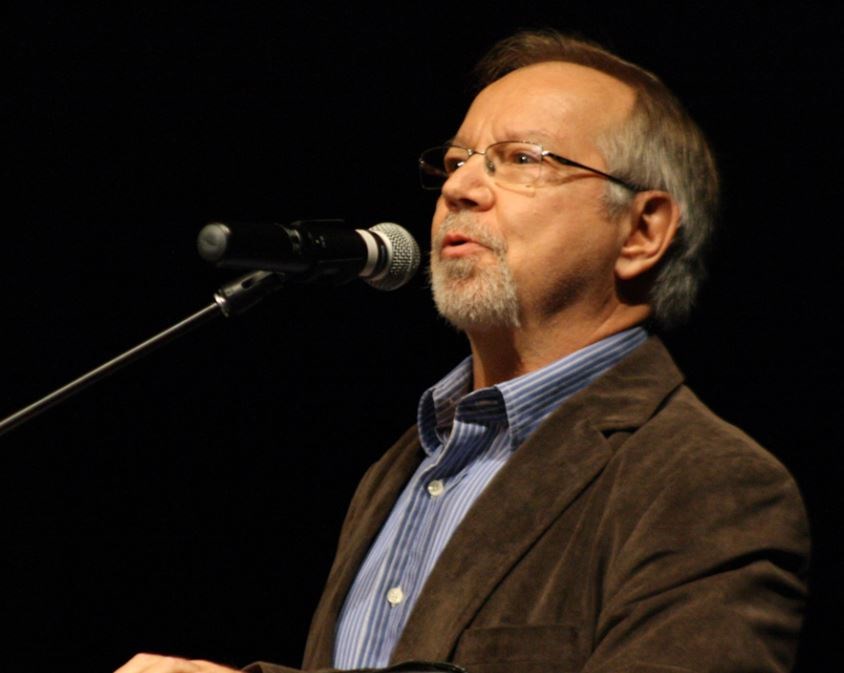FORT FRANCES — Health care and homelessness were two of the top priorities brought forward by municipal leaders during a provincial conference last week.
During the week-long Association of Municipalities of Ontario conference held in London, municipal leaders from across the province had the chance to network with neighbours, organizations, and ministries regarding several ways to solve pressing community concerns affecting the province.
“For small municipalities like ours, it's good to be able to talk to the representative of some of the companies that we deal with and see the new products and the programming is always first rate. I'd have to say it was very intensive, exhaustive, but really worthwhile attending,” said Fort Frances Mayor Andrew Hallikas.
Municipalities can request up to five delegations with provincial cabinet ministers, but not all municipalities get the exact number they want.
“It's always kind of a bit of a roll of the dice as to what you're going to get, and whether you'll get them all or not, we got three delegations out of the five this year,” Hallikas said.
The mayor's meeting with provincial associate minister of mental health and addictions Michael Tibollo was a fruitful conversation about funding for more transition beds at their Rainy River District Services Board's safe bed facility.
“We're hoping in September to open these transition beds, which are like residential treatment beds, and so we were looking to get annual renewable funding of $1.6 million to run those beds. That's really crucial to our community in terms of assisting with the crisis we have with addictions and mental health,” said Hallikas.
According to a study by the Northwestern Health Unit, Fort Frances has one of the highest rates of emergency room visits for opioid overdose.
“Fort Frances right now is in a crisis in terms of what harm is being caused by the opioid situation,” said Hallikas.
Adequate funding from the Ontario government can bridge the gaps between tight municipal budgets that need to focus on social needs, and more funding being diverted to the service board's Rapid Access to Addiction Medicine Clinic and a safe consumption site to reduce harm in the community will relieve the strain of an already overburdened healthcare system.
“It's intersectional. It's intertwined with the opioid addiction situation and mental health and there's no easy solution it took we've been kind of getting into this crisis. I will call it a crisis because that's what it is gradually getting into this for a long period of time and we're not going to get out of it quickly,” said Hallikas.
Another impact of the opioid crisis in the Northwest is homelessness.
"Homelessness is a social, economic and health crisis right across Ontario," said Colin Best, the president of the Association of Municipalities of Ontario, in a statement included in a news release. "In addition to the moral imperative to end homelessness, there's a solid business case that ending homelessness is good health policy, good economic policy, and good social policy."
On the last day of the conference, members declared to end homelessness in Ontario by 2030 and urged the province to take action toward solutions that address housing, income security, and health.
“Basically, the way I see it, the government, they can, they can roll out programs. What they need to do is they need to provide funding for those of us on the ground, in the communities, on the front lines, who are actually trying to deal with the problems we have in Fort Frances and Rainy River District," Hallikas said.
In a release, AMO spokesperson Brian Lambie pointed out that Ontario is falling behind in spending on services per capita, and to catch up the province will need to increase their annual expenditures by $28 billion.
“So many great committees and groups that are working together and they're sharing expertise and experience and their knowledge, but they don't have funding, funding is limited. If they could get the funding that they needed from all levels of government, but primarily the provincial government, they could put some of these plans because they have plans and they have programs and they could put some of these plans and programs into action and, and make a difference,” Hallikas added.
